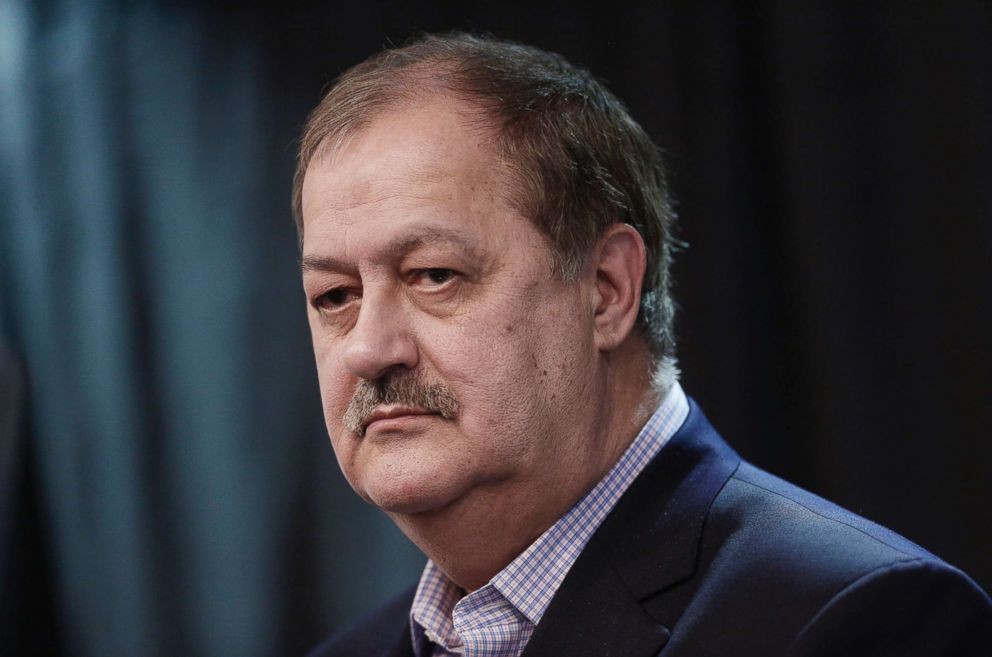CHARLESTON — Don Blankenship, seeking to beat West Virginia’s “sore loser law” and launch his third-party candidacy for the U.S. Senate race, filed an appeal with the state Supreme Court on Thursday.
After finishing third in the Republican primary, Blankenship has continued fighting to appear on the November ballot as the Constitution Party’s candidate. That effort was blocked July 26 by Secretary of State Mac Warner, leading to Blankenship’s petition.
“Even if the law were not otherwise flawed, it did not take effect until June 5, 2018 — after the May primary election and half-way through an election cycle.,” Blankenship contends. “Generally, laws are rarely applied retroactively and, for obvious reasons, it is even more rare when the law relates to elections.
“The Secretary of State declaring that I am impacted by any so-called ‘sore loser law’ for a primary election loss prior to the law being enacted is nonsensical.”
Democrat incumbent Joe Manchin and Republican challenger Patrick Morrisey are waging a high-stakes campaign that could swing the GOP’s two-seat majority in the U.S. Senate. Blankenship’s impact, should he be allowed on the ballot, is expected to diminish Morrisey’s take.
Morrisey, the state attorney general, pulled 34.9 percent of the primary vote, finishing 7,000 votes ahead of runner-up Evan Jenkins (29.3 percent) and 20,000 more than Blankenship (19.9 percent), the former Massey Energy CEO who spent a year in prison after a mine explosion that killed 29.
The primary results tickled Senate Majority Leader Mitch McConnell, targeted by Blankenship throughout the run-up as part of a corrupt establishment. ”Thanks for playing, @DonBlankenship,” McConnell tweeted after Morrisey’s victory.
Yet Blankenship hasn’t given up playing the disruptor. Claiming to be “Trumpier than Trump” in a state the president dominated during the 2016 election, he hopes to mount a November charge.
Blankenship’s appeal contends Mountain State party candidates who lost primaries are being allowed on the general election ballot.
“I have a fundamental right to be on the ballot as the Constitution Party nominee unless the government demonstrates a compelling state interest that I should not be,” Blankenship said. “The state has not stated a compelling reason because there is not one—only the interests of the political parties and politicians are served by my not being on the ballot and those interests are not to be considered in determining who is and who is not on the ballot this fall.”




